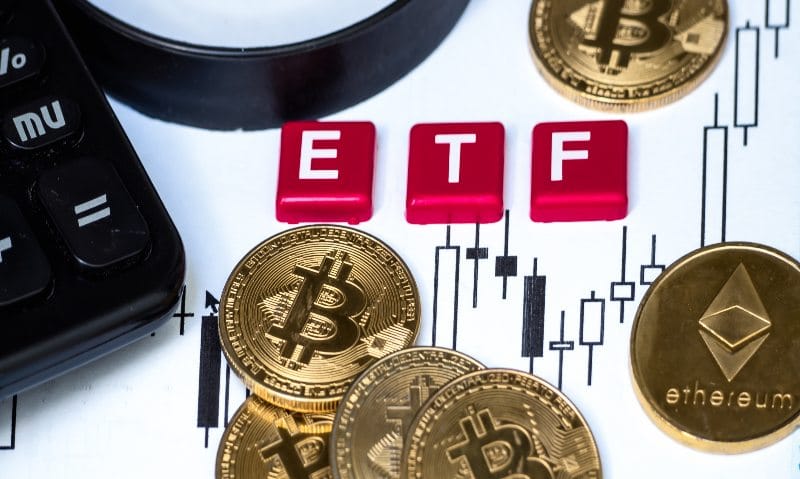Direxion has applied to the SEC for approval of an ETF that “bets” on the fall in the price of Bitcoin.
This particular ETF in fact “shorts” the price of Bitcoin Futures.
Summary
The ETF for those who want Bitcoin to fall, the SEC rejects it
As Bloomberg reveals, the SEC asked Direxion to withdraw this request, and the company agreed.
The Direxion Bitcoin Strategy Bear ETF would not have invested directly in Bitcoin, but in short Bitcoin Futures contracts traded on the CME.
In the application filed with the SEC, Direxion explained its strategy based on the so-called rolling of Bitcoin Futures:
“The Fund will generally maintain its short exposure to Bitcoin Futures during periods in which the value of bitcoin is flat or declining as well as during periods in which the value of bitcoin is rising. In order to maintain short exposure to Bitcoin Futures, the Fund may need to buy futures contracts to close its short positions, as they near expiration and replace its short exposure with new futures contracts with a later expiration date”.
The SEC, however, did not like this financial instrument and asked Direxion to withdraw its application. This means that the SEC has opened up to Bitcoin Futures ETFs but not by all means.

Direxion like Valkyrie
Direxion’s is the second ETF that the SEC has “rejected”. Since the approval of the ProShares ETF on 19 October, the SEC has also had to consider other applications, some of them more creative.
Valkyrie, for example, while getting approval for an ETF on Bitcoin Futures on the Nasdaq, had submitted a second application for ETFs based on “leveraged” Bitcoin Futures. This also failed to find acceptance from the Securities and Exchange Commission.
The rejection of Direxion’s ETF also confirms that the US agency is not inclined to go along with creative finance instruments based on Bitcoin. Just as it is not inclined to approve ETFs based only on Bitcoin. Conversely, it seems that ETFs based on Ethereum Futures may soon be approved.
In the meantime, the approved Bitcoin Futures ETFs seem to have met with investor success, but this does not impress the SEC, which evidently still considers Bitcoin and derivatives too risky to approve applications other than the already listed products.



